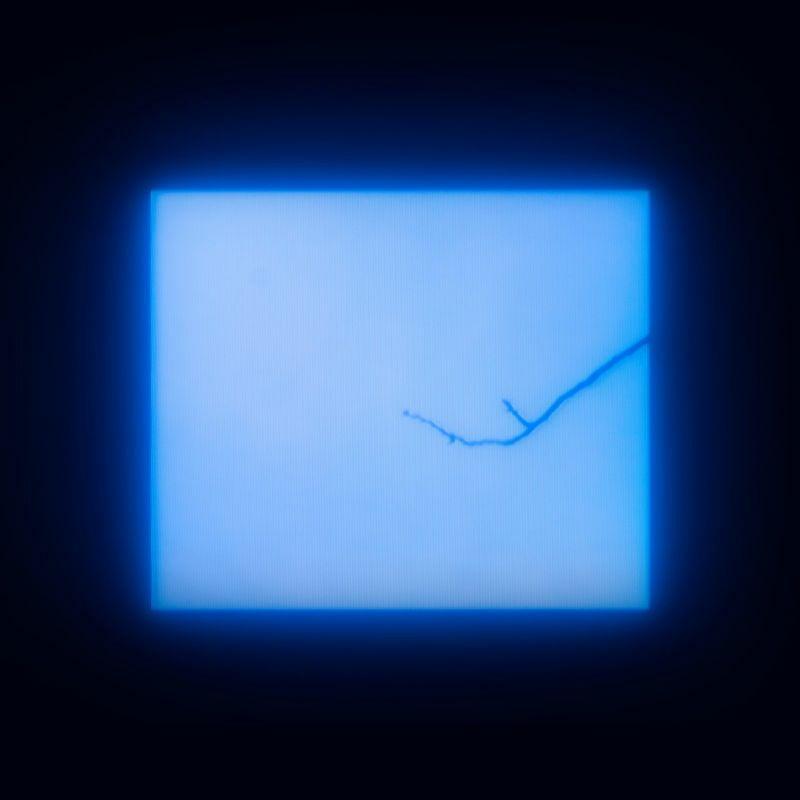Agnes Obel’s “Parliament of Owls” is not merely a song; it’s an auditory tapestry woven with threads of haunting melodies and intellectually stimulating lyrics. It’s an exploration of isolation, introspection, and the silent judgment that pervades human interaction. The Danish musician’s distinctive sound, characterized by minimalist piano arrangements and her ethereal vocals, creates an atmosphere that is both captivating and disquieting. This analysis delves into the labyrinthine depths of the song, dissecting its intriguing metaphors and elucidating its unique appeal.
The title itself, “Parliament of Owls,” immediately evokes a sense of mystery and veiled observation. Owls, often symbols of wisdom and nocturnal vigilance, are anthropomorphized into a governing body, a “parliament,” suggesting a silent, watchful council. This assembly of owls represents the external forces that scrutinize and judge, perhaps societal expectations or internalized anxieties that prey on the individual psyche. The “parliament” is not active; it is passive, but no less potent, in its silent condemnation.
The lyrical content further reinforces this notion of isolation and judgment. Obel’s lyrics are not explicit narratives, but rather impressionistic vignettes that paint a picture of emotional detachment. The opening lines introduce a sense of displacement, of being an outsider looking in. The protagonist feels disconnected from the world, existing on the periphery of events, a silent observer like the titular owls. This sense of alienation is a recurrent theme throughout the song, creating a palpable feeling of unease.
The instrumentation plays a crucial role in conveying the song’s haunting atmosphere. Obel’s signature piano style, characterized by its sparse, melancholic chords, creates a sense of emptiness and solitude. The deliberate pacing of the music allows each note to resonate, emphasizing the song’s overall mood of introspection. Subtle string arrangements add texture and depth to the sonic landscape, further enhancing the feeling of ethereal beauty. These sonic elements are not merely accompaniment; they are integral components of the emotional narrative.
One of the most intriguing aspects of “Parliament of Owls” is its exploration of the human tendency to project our own insecurities onto others. The “owls” may not be external entities at all, but rather manifestations of our own self-doubt and fear of judgment. We become our own harshest critics, constantly scrutinizing our actions and comparing ourselves to unattainable ideals. The song suggests that the silent judgment we perceive from others may, in reality, be a reflection of our own internal monologue.
The use of metaphorical language is pervasive throughout the song. Obel does not shy away from employing evocative imagery to convey complex emotional states. The lyrics are replete with allusions to darkness, shadows, and hidden corners, suggesting a desire to conceal vulnerability and avoid scrutiny. This imagery underscores the theme of isolation and the fear of exposure.
Furthermore, “Parliament of Owls” delves into the concept of societal pressure and the need for conformity. The “parliament” represents the collective expectations of society, the unwritten rules that dictate how we should behave and present ourselves. The protagonist feels trapped by these expectations, struggling to reconcile her own inner self with the demands of the external world. This internal conflict is a central theme of the song, reflecting the universal human experience of navigating the complexities of social interaction.
The song’s unique appeal lies in its ability to evoke a sense of profound introspection. It challenges listeners to confront their own insecurities and examine their relationships with themselves and the world around them. The haunting melodies and thought-provoking lyrics create an immersive experience that lingers long after the song has ended. “Parliament of Owls” is not merely a passive listening experience; it is an active invitation to self-reflection.
In conclusion, Agnes Obel’s “Parliament of Owls” is a masterfully crafted piece of art that explores the depths of human emotion with haunting beauty and intellectual rigor. Its intriguing metaphors, evocative imagery, and minimalist instrumentation create a unique sonic landscape that invites contemplation and introspection. The song’s enduring appeal lies in its ability to resonate with listeners on a deeply personal level, prompting them to confront their own fears, insecurities, and societal pressures. It is a testament to Obel’s artistry and her ability to transform complex emotions into a captivating and unforgettable auditory experience. The song’s somber cadence and lyrical depth evoke a cathartic feeling, a sort of emotional absolution through art.
